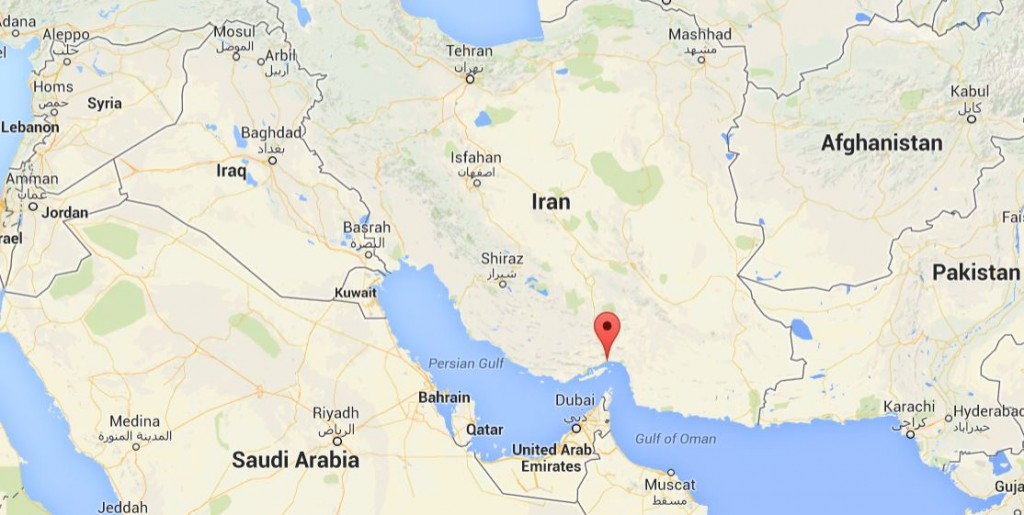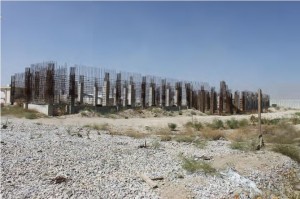Where Are They Now? Dozens of Prisoners Unaccounted For With Closure of US Bagram Prison
Both NBC and Reuters are reporting that the US has closed its prison at the Bagram air base that was used to house non-Afghan prisoners. After many fits and starts, the US had ceded control of (mostly?) all Afghan prisoners to Afghanistan last year. As far as I can tell, the last time we had an accounting of the foreign prisoners held at Bagram was in February, when the number sat at 49, although Adam Goldman noted that the US was busy trying to reduce that number.
There was a report of two Yemenis being transferred out of the facility back in August and Russian prisoner Irek Ilgiz Hamidullin was brought to the US for trial in November, but even as recently as earlier this week, when Latif Mehsud and two of his guards were repatriated to Pakistan, Dawn still reported that conventional wisdom put the number of foreign prisoners held at Bagram in the dozens. The Dawn report relayed a statement from the US embassy that the population was being reduced:
The US Embassy in Kabul said the three prisoners had been held at a detention centre near Bagram airfield.
The facility is believed to house several dozen foreign prisoners who the United States will no longer be allowed to keep in Afghanistan when the mission for the US-led force there ends later this month.
“We’re actually just going through and returning all the third-country nationals detained in Afghanistan to resolve that issue,” a US embassy spokeswoman said.
Note especially that the spokeswoman said “all the third-country nationals”. That stands out because Hamidullin was not the only prisoner held at Bagram who was expected to be brought to trial. Goldman’s report in February said that the “number of people being looked at for prosecution is in the single digits”. Are more of these prisoners already being held in the US in preparation for the filing of charges? Are they held elsewhere? Or were they repatriated instead?
But there were also some prisoners who can’t be tried but are still deemed “too dangerous to release”:
And bringing some of them to the United States for trial in a military commission, an option being considered by the Obama administration, could run into political opposition or may be stymied by a lack of court-ready evidence.
What happened to the prisoners whom the US deemed too dangerous to release but who lacked “court-ready evidence”?
The US prison at Bagram and Defense Department operated prisons throughout both Afghanistan and Iraq have a long, checkered history of lies and misdirection about facilities and their population. Further, this facility at Bagram has been used to house prisoners who were tortured. It seems likely that most of the 49 foreign prisoners known to be there in February have been repatriated without public announcements, but what about those who had been slated for indefinite detention? We now have a number of prisoners who were deemed dangerous and have disappeared in the last several months. Will their status ever be clarified? Will we be forced to concoct more crazy theories on where they went?
Update: It should be noted that both of the stories linked at the beginning of this post state that the last two prisoners transferred out of the US facility at Bagram were handed over to Afghan authorities. This represents a huge change in policy for Afghanistan. Under Hamid Karzai, Afghanistan was adamant that no foreign prisoners would be held in Afghan jails. With this move, it is clear that Ashraf Ghani has changed the policy. So perhaps Afghan prisons are where we will find all of the prisoners the US had slated for indefinite detention without charges?


